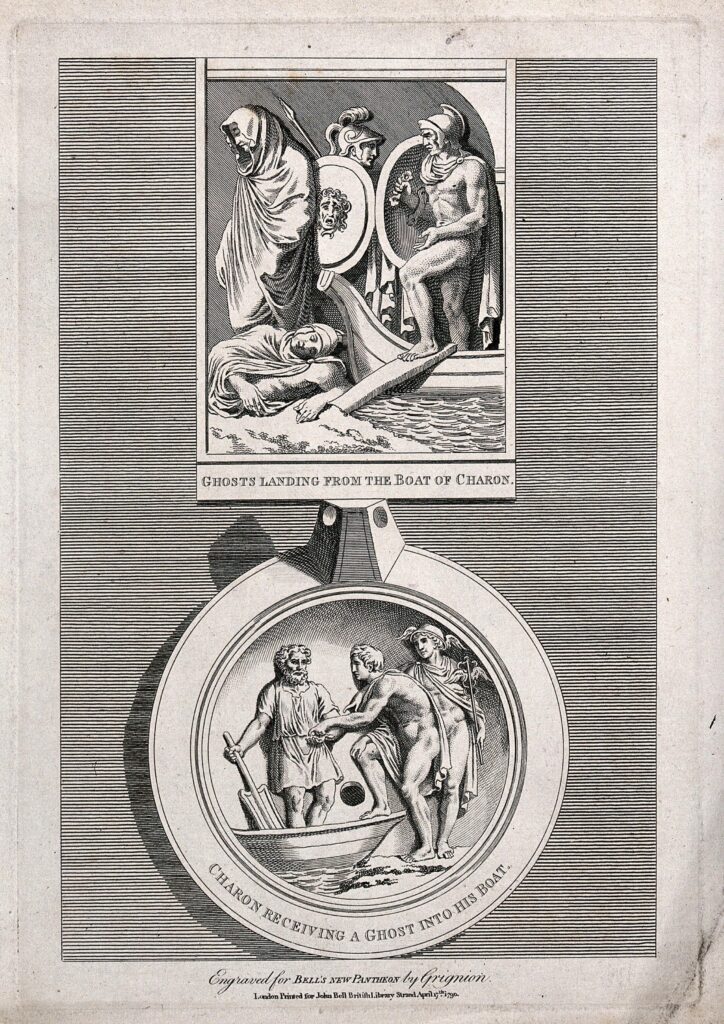The concept of a ‘Charon Declaration’ arose in a recent book I have written called ‘How to talk to your robot dog‘. In this there was a sub theme of sustainability and climate change. The actual text is indicated in italics below and relates to a chapter dealing with such issues.
To put the term in perspective – in Greek mythology Charon was the ferryman who, for a coin payment, ferried newly deceased souls over the river Styx to reach the Underworld of Hades. This term has been applied to clauses in the wills of individuals who wish to ‘settle’ their lifetime carbon footprint ‘debt’ – either in whole or in part. Such declarations are more effective when the specific monetary sums are clearly identified, rather than include statements such as ‘offset accumulated lifetime carbon footprint’, where this rather vague text opens up issues to be contested by other beneficiaries in such documents. It is also relevant to include details of the time scale over which such offsetting should take place. When all aspects are appropriately structured, however, such declarations can be a positive factor for combatting of Climate Change.

There is perhaps something for the world of business organisation to catch sight of to translate a concept into a practical reality of packages which seek to undertake carbon capture to compensate for a life of an individual as a net contributor to global warming through the use – direct or indirect – of fossil fuels. For a person born in the UK in 1951 the so called lifetime carbon budget will be around 800 tonnes of CO2. This gives a rough scaling for the level of ‘carbon debt’ to be offset. Systems for more detailed estimation certainly are available.
Once the scale of such a declaration has been determined, the next step would be to allocate resources to various carbon capture schemes or schemes to otherwise reduce the planet’s carbon footprint.
It would be fair to indicate, however, that it is early days in the quest to determine the best approach for carbon capture. So called direct air capture – DAC – has received a lot of publicity where CO2 is directly removed from the atmosphere. Such processes also need lots of energy to achieve carbon capture and a figure of $100 per tonne of CO2 has been claimed possible at scale. Futurists even contemplate a world which is going to have to use a significant percentage of energy production to achieve meaningful reduction of atmospheric CO2 by this means. Currently therefore a ‘Charon Declaration’ would be expensive for carbon capture but all contributions made would help to drive down the cost and bring the day closer when atmospheric CO2 begins to fall. The sooner that day comes the better it will be for Planet Earth.